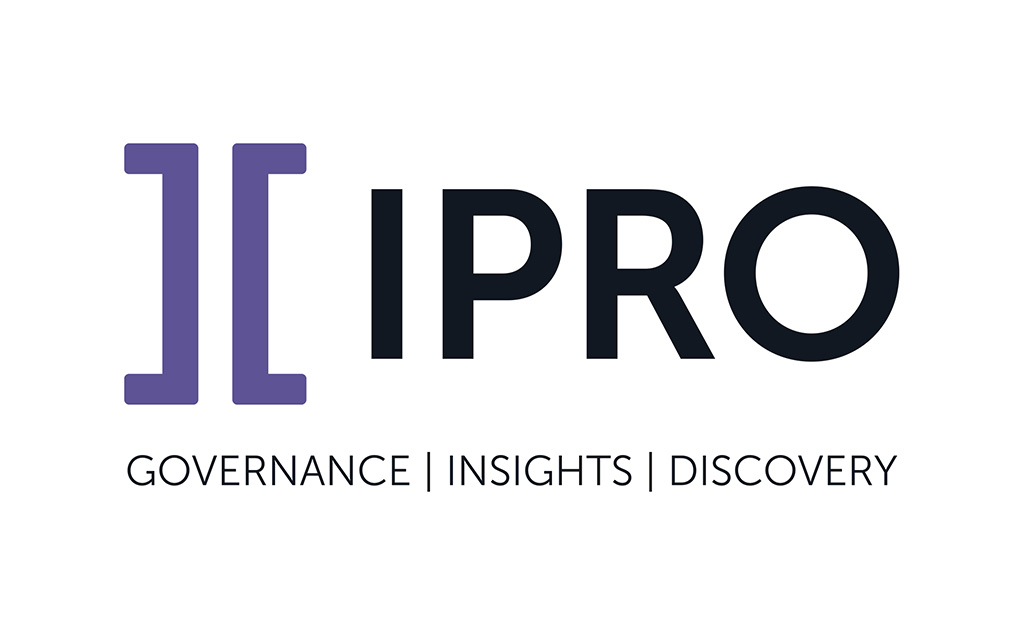
It’s that time of year when you look back at “the best of”…well, anything and everything! Even a year like 2020, which has been challenging (to say the least) for many of us, there are still “best of” items we can take a look back at from the year. Why should blog topics be any different?
IPRO has already done so with the “best of” their terrific “eDiscovery Blues” legal comic strip for the year. And, earlier this week, they also identified their top 10 articles of the year. I’m honored that two of the articles were written by me and I covered the top article on eDiscovery Today here. Needless to say, IPRO’s acquisition of NetGovern was one of the most notable acquisitions of the year and reminded us that M&A activity can even happen within a pandemic.
With that in mind, I’ve identified five case rulings (technically, seven or eight opinions) that you need to read which occurred in 2020 – with links to resources about the cases, including eDiscovery Today (of course!) and why you need to know about them. Are they the “best of” cases for 2020? You make the call.
#5-E.E.O.C. v. M1 5100 Corp.: In this EEOC case regarding age discrimination, at specific issue was the fact that defense counsel allowed two employees of the client to identify and collect ESI to respond to requests for production with no oversight from counsel at all. Despite no knowledge of the process the client undertook to gather information (which resulted in only 22 pages of documents produced), counsel signed the responses to the RFP’s in violation of FRCP Rule 26(g). Whoops.
While Florida Magistrate Judge William Matthewman (who’s a very eDiscovery savvy judge and a nice guy to boot) stated that the self-collection without adequate supervision “greatly troubles and concerns the Court”, because there were still five months remaining before the discovery cut-off, he gave the defendant a chance to comply with its obligations and ordered the parties to meet and confer. Had the discovery period ended, I expect there would have been a different result.
#4-U.S. v. Sam: In the one criminal case on the five cases list, there were two examinations of the defendant’s cell phone, including one by the FBI, for which the defendant sought to suppress any evidence. Regarding the FBI examination, the FBI removed Mr. Sam’s phone from police department inventory, powered the phone on, and took a photograph of the lock screen, which showed the name “STREEZY” right underneath the time and date.
With regard to the FBI examination, Washington District Judge John C. Coughenour stated: “The FBI therefore ‘searched’ the phone within the meaning of the Fourth Amendment…And because the FBI conducted the search without a warrant, the search was unconstitutional.” As a result, he granted the defendant’s motion regarding the FBI examination. So, a mere viewing of the lock screen on the phone in this case constituted an unconstitutional search. Wow. Covered here: eDiscovery Today.
#3-McMaster v. Kohl’s Dep’t Stores, Inc.: In ruling on search terms, Michigan Magistrate Judge R. Steven Whalen cited United States v. O’Keefe, 537 F. Supp. 2d 14, 23–24 (D.D.C. 2008), which stated: “for lawyers and judges to dare opine that a certain search term or terms would be more likely to produce information than the terms that were used is truly to go where angels fear to tread.” Judge Whalen stated: “I, for one, have no interest in going where angels fear to tread. Therefore, if the parties cannot agree on appropriately limited search terms, they will share the cost of retaining an expert to assist them. If they still cannot agree, then Plaintiff may renew his motion regarding the search terms, and will provide the Court with an expert report substantiating his position.”
This is one of my favorite rulings because I see so many judges attempt to rule on search terms in a vacuum, so I really liked this ruling. If only Judge Whalen had ruled the same way in this case. Covered by: eDiscovery Today, EDRM Case Law Webinar September 2020.
#2-WeRide Corp. v. Huang et al.: While this case had a comedy of errors (or better said, a tragedy of spoliation events), including destroyed email, wiped devices and failure to produce source code at the heart of the case, perhaps the most unique transgression by the defendants was when the defendant’s CEO after the preliminary injunction was issued requested that the employees begin to use an ephemeral messaging app (DingTalk) that deletes messages after they’ve been sent and read.
California District Judge Edward J. Davila granted the plaintiffs’ motion for sanctions through FRCP Rules 37(b) and 37(e), issuing terminating sanctions against defendants Wang, Huang, and AllRide and ordering them to “pay WeRide’s reasonable fees and costs”, as well. Covered by: eDiscovery Today and IPRO blog by Jim Gill.
#1-Lawson v. Spirit Aerosystems, Inc.: This is the case that just kept giving this year – with three rulings that I covered alone. It regarded the defendant’s alleged breach of a retirement agreement with the plaintiff due to plans by an investment firm to install the plaintiff as CEO of an aircraft component manufacturer. The parties had a lot of discovery disputes, with the Court having previously established a search protocol for the parties, where the parties were directed to try to achieve an 85% responsiveness rate.
Eventually the plaintiff pushed for the defendant to conduct TAR on a 322,000 document set, even though sampling indicated only 5% would be responsive (but still largely irrelevant to the dispute) and the Court warned the plaintiff that cost-shifting could occur if the TAR process went forward. After TAR, only 3.3% of the documents were responsive and the defendant sought cost shifting in its TAR expenses (initially estimated at $400,000 in vendor costs and $200,000 in law firm fees).
Kansas Magistrate Judge Angel D. Mitchell granted the defendant’s Motion to Shift Costs of Technology Assisted Review of ESI to the plaintiff, ruling “the ESI/TAR process became disproportionate to the needs of the case” after having previously warned the plaintiff that inability to focus ESI requests would result in the court shifting costs. A subsequent ruling set those costs at over $750K, which was then upheld by the District Court. Covered by: eDiscovery Today (here, here and here), eDiscovery Journal (here and here), ACEDS #CaseoftheWeek with Kelly Twigger of eDiscovery Assistant, EDRM Case Law Webinar October 2020 and EDRM Case Law Webinar November 2020. Whew!
Happy Reading and Happy Holidays! And, goodbye 2020!


